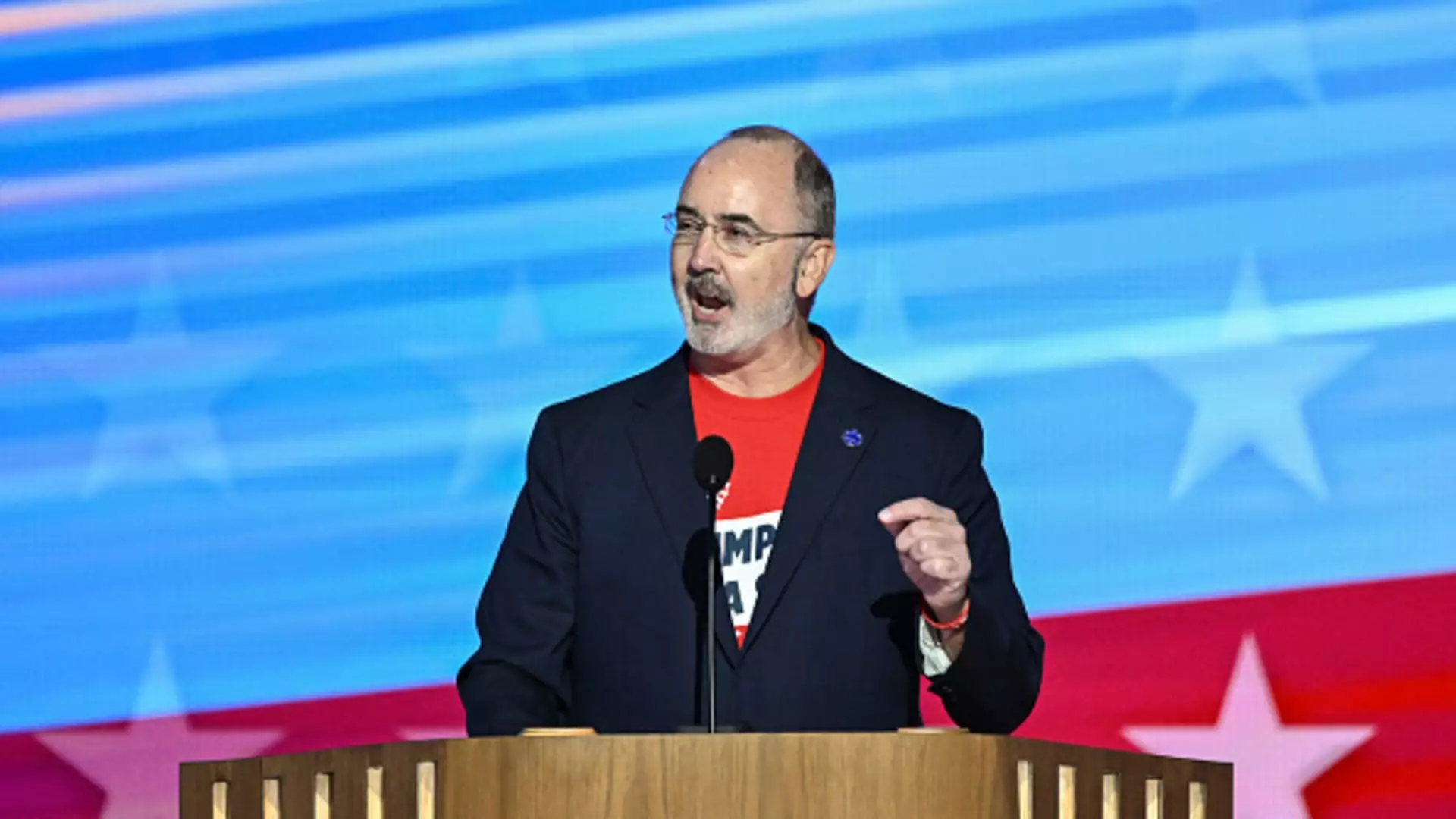In an escalating confrontation, the United Auto Workers (UAW) union has stepped forward to file federal unfair labor practice charges against Stellantis. This development is rooted in allegations that the auto manufacturer has disregarded contractual obligations and made moves to shift production of the Dodge Durango outside the United States. The union’s actions signal deepening tensions that have emerged since the ratification of a new contract late last year, which was celebrated for securing important gains for workers.
The contract reached in 2023 was pivotal, promising to reopen an idled assembly plant in Belvidere, Illinois, and ensuring that the production of the Dodge Durango would remain in Detroit. However, UAW President Shawn Fain has commented on recent developments with frustration, emphasizing the union’s resolve to uphold the terms negotiated during this contract. This includes an explicit right to strike over violations of these commitments—an indication of the serious tone that labor relations have taken in the automotive sector. The union is not merely contesting production changes; it’s staunchly defending the hard-fought agreements that possess long-standing economic implications for its members.
Stellantis has not remained silent following the allegations. The automaker has countered the union’s claims, arguing it has not breached the commitments outlined in the Investment Letter respective to the UAW Collective Bargaining Agreement. Furthermore, Stellantis expressed strong dissent against the union’s allegations, positioning itself as a responsible partner in labor negotiations. Historically, the automotive industry has faced numerous challenges, including production cuts and layoffs, which have sparked outrage from union leadership. These ongoing shifts in production strategy have raised concerns regarding the future job security of thousands of workers.
Additional Grievances and Implications
The conflict is compounded by multiple grievances filed by various local UAW chapters against Stellantis. The complaints suggest broader discomfort among the workforce regarding the company’s recent maneuvers, particularly the alleged plans to relocate Durango production. Although the UAW has yet to specify the timeline or intended destination for this possible production shift, reports have pointed towards potential operations in Ontario, Canada. Furthermore, the union’s claims include a lack of transparency from Stellantis, which has refused to provide essential information that the UAW deems pertinent to ensuring compliance with their agreements.
This case highlights a significant moment in labor relations within the auto industry, where the balance of power between unions and manufacturers is increasingly coming under scrutiny. The UAW’s aggressive posture signals a broader trend of unions standing firm for their members’ rights, especially in an industry fraught with uncertainty. As more grievances pile up against Stellantis and other manufacturers, it becomes clear that the fight for workers’ rights in the automotive sector is far from over, with the potential for significant implications for labor relations nationwide. The outcome of this dispute may very well set a precedent for future negotiations and labor strategies within the industry.


Leave a Reply